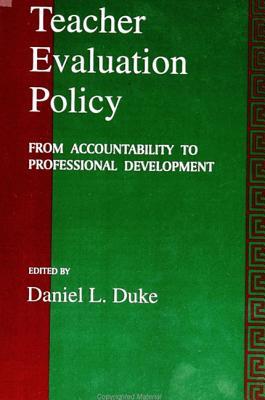
Zustellung: Mo, 11.08. - Sa, 16.08.
Versand in 3-4 Wochen
VersandkostenfreiBestellen & in Filiale abholen:
Since the beginning of the school reform movement in the early 1980's, various efforts have been made to improve teacher evaluation. Most of the initial efforts were designed to promote greater accountability. They were characterized by research-based performance standards, sophisticated classroom observation procedures, and extensive training. More recently, the focus of teacher evaluation has been expanded to include provisions for professional development. Supporters of this trend have argued that accountability-based evaluation diminishes in value as teachers gain experience and expertise.
Teacher Evaluation Policy presents case studies describing how new teacher evaluation policies have been created. The contributors go behind the scenes to examine the complex negotiations between politicians and special interest groups that accompany policy making. They identify the public and the private agendas guiding decision makers. What emerges is a vivid portrait of professionals and politicians grappling over the control of education. Accounts include the formulation of teacher evaluation policy in North Carolina, Louisiana, Connecticut, Washington State, and Great Britain.
Teacher Evaluation Policy presents case studies describing how new teacher evaluation policies have been created. The contributors go behind the scenes to examine the complex negotiations between politicians and special interest groups that accompany policy making. They identify the public and the private agendas guiding decision makers. What emerges is a vivid portrait of professionals and politicians grappling over the control of education. Accounts include the formulation of teacher evaluation policy in North Carolina, Louisiana, Connecticut, Washington State, and Great Britain.
Produktdetails
Erscheinungsdatum
15. Oktober 1995
Sprache
englisch
Seitenanzahl
203
Reihe
SUNY Series, Educational Leade
Herausgegeben von
Daniel L. Duke
Verlag/Hersteller
Produktart
gebunden
Gewicht
454 g
ISBN
9780791427910
Entdecken Sie mehr
Bewertungen
0 Bewertungen
Es wurden noch keine Bewertungen abgegeben. Schreiben Sie die erste Bewertung zu "Teacher Evaluation Policy: From Accountability to Professional Development" und helfen Sie damit anderen bei der Kaufentscheidung.









